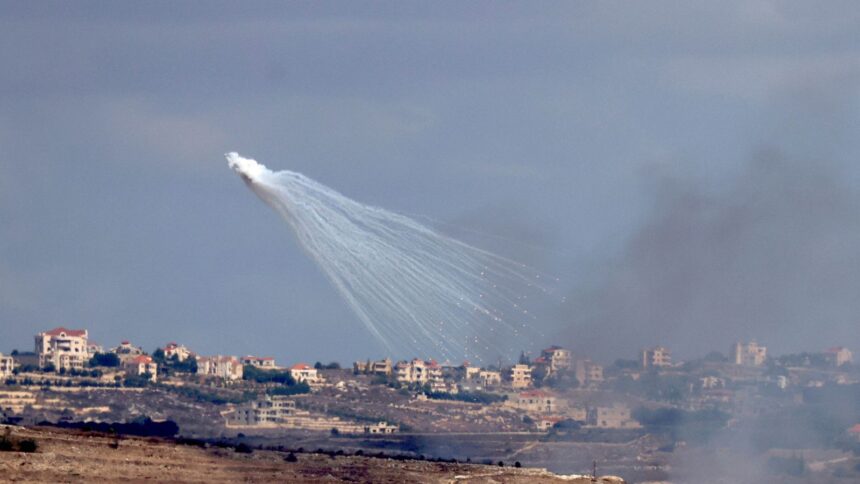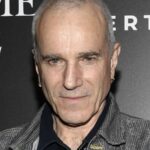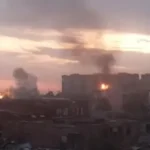Officials had predicted that approximately 200 missiles would be fired from Iran into Israel during the course of the night.
The attack represents a dramatic uptick in the tensions in the area and is reprisal for Israel’s campaign of strikes against Hezbollah, which included the assassination of the organization’s head.
Despite Israel’s claim that the US assisted in intercepting the majority of the missiles, Prime Minister Benjamin Netanyahu pledged to strike again, calling the attack a “major mistake”.
Since then, the two nations have threatened one other as observers and friends, like the UK, have called for a withdrawal due to concerns about a regional conflict erupting.
Subsequently, the Israeli military said on Wednesday that it was integrating infantry and armored forces into its ground operations in southern Lebanon.
Although it stated that operations there would be restricted and localized, worries of a ground invasion still exist.
However, in response to the most recent round of violence in southern Lebanon, Hezbollah’s chief of media, Mohammad Afif, stated that the organization was “only in the first round” of combat.
According to Reuters, medics in Gaza said that at least sixty people had died as a result of Israeli bombardment, and Israeli tanks had made progress in the southern parts of Khan Younis.
Israeli Foreign Minister Israel Katz branded UN General Secretary Antonio Guterres “persona non grata” and barred him from accessing the UN in a decision that is likely to widen the chasm between Israel and the UN.






